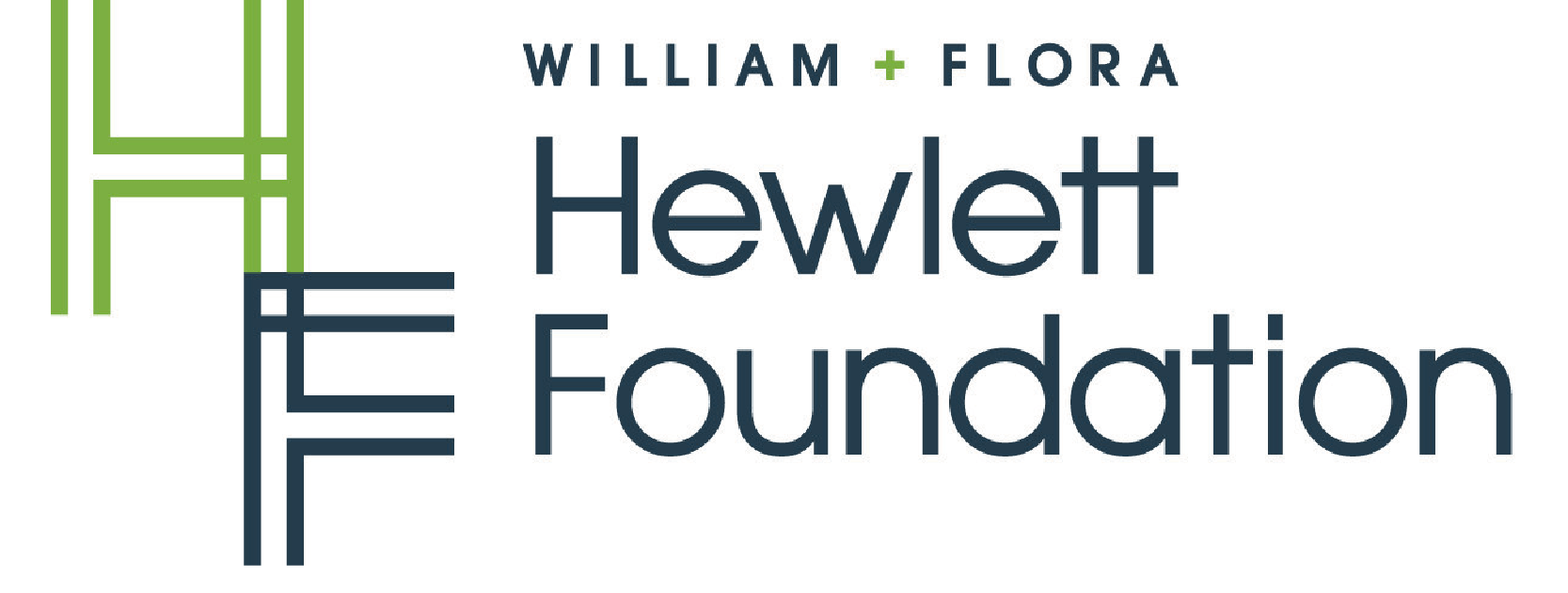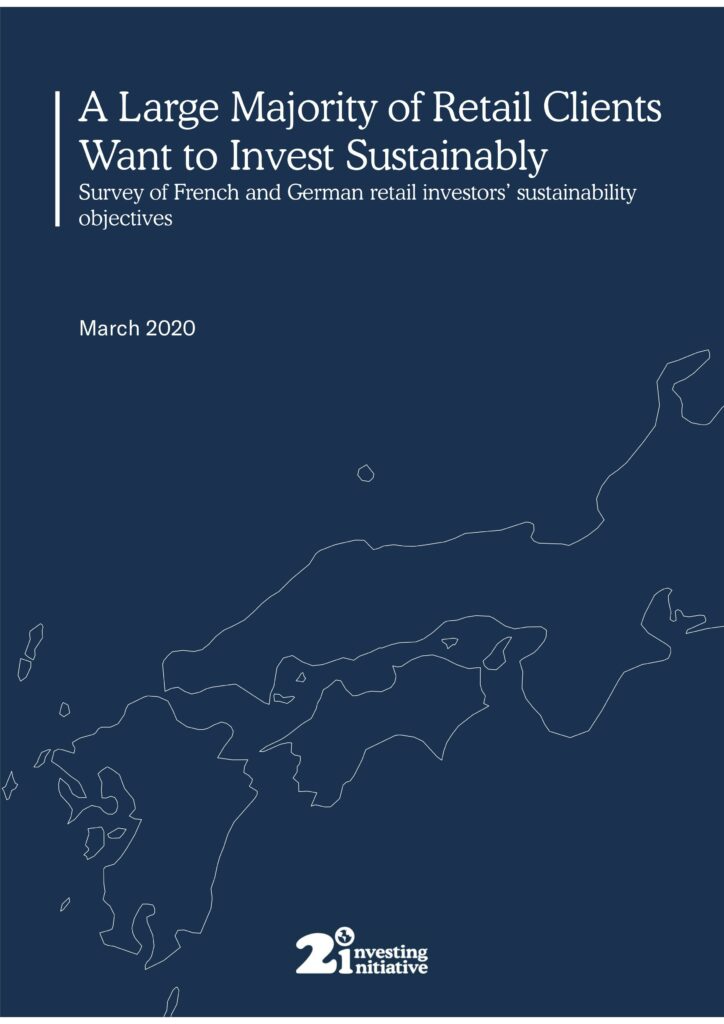The research initiative is part of 2DII’s Retail Investing research program, which has received funding from entities including the European Commission and Hewlett Foundation.
Research objectives. The objective of this study is to help build an in-depth understanding of retail investors’ expectations regarding ESG issues. Most existing studies we reviewed before conducting the research frame the questions in broad terms (e.g. “Are you interested in sustainability?”) or refer to products (“Are you interested in sustainability products?”), thus assuming that respondents understand the concepts, understand the products and trust the firm’s ability to deliver what is promoted. We have approached the topic differently, trying to understand what types of outcomes consumers expect and why.
Working hypothesis. The research protocol was based on several working hypotheses:
- Consumers’ expectations regarding investments are largely driven by their perception of the social norm, on a topic for which there is no social norm yet established and things are evolving quickly. Therefore, we assumed that: i) the context of the questions and their framing matter since many respondents are likely to answer whatever they think is the ‘appropriate’ response, and ii) it is impossible to create a ‘neutral’ environment and set of questions. We have therefore rather tried to test the effects of different ‘biases’.
- Most consumers do not understand ESG-related concepts and do not trust financial institutions. Consequently, testing their appetite for concepts designed by the industry (e.g. an “SRI fund”) creates a circular effect. We have therefore rather tried to assess the expected outcomes and motivations.
- In contrast with many industry surveys, we did not assume that consumers prioritize the optimization of returns over social and environmental objectives. We have rather adopted an agnostic approach to the topic, while acknowledging that there might be a gap between survey results and real-life decisions.
Connection with the public policy debate. This study is meant to help integrate sustainability-related questions into the suitability assessment test conducted by financial advisors. Based on the findings of our previous study on the topic, the EC High-Level Expert Group recommended integrating these kinds of questions, and the EC introduced reforms of the related regulation (Delegated Act on MiFID and IDD). The supervisors in charge (ESMA and EIOPA) are therefore currently designing guidance on the topic. In parallel, the EC is currently designing an Ecolabel for financial products.
About our funders: To produce this report, 2° Investing Initiative has received funding from the William + Flora Hewlett Foundation and the European Union’s Life IP programme under grant agreement No LIFE18/IPC/FR/000010 A.F.F.A.P. Disclaimer: This report reflects only the authors’ views only, and the funders are not responsible for any use that may be made of the information it contains.




